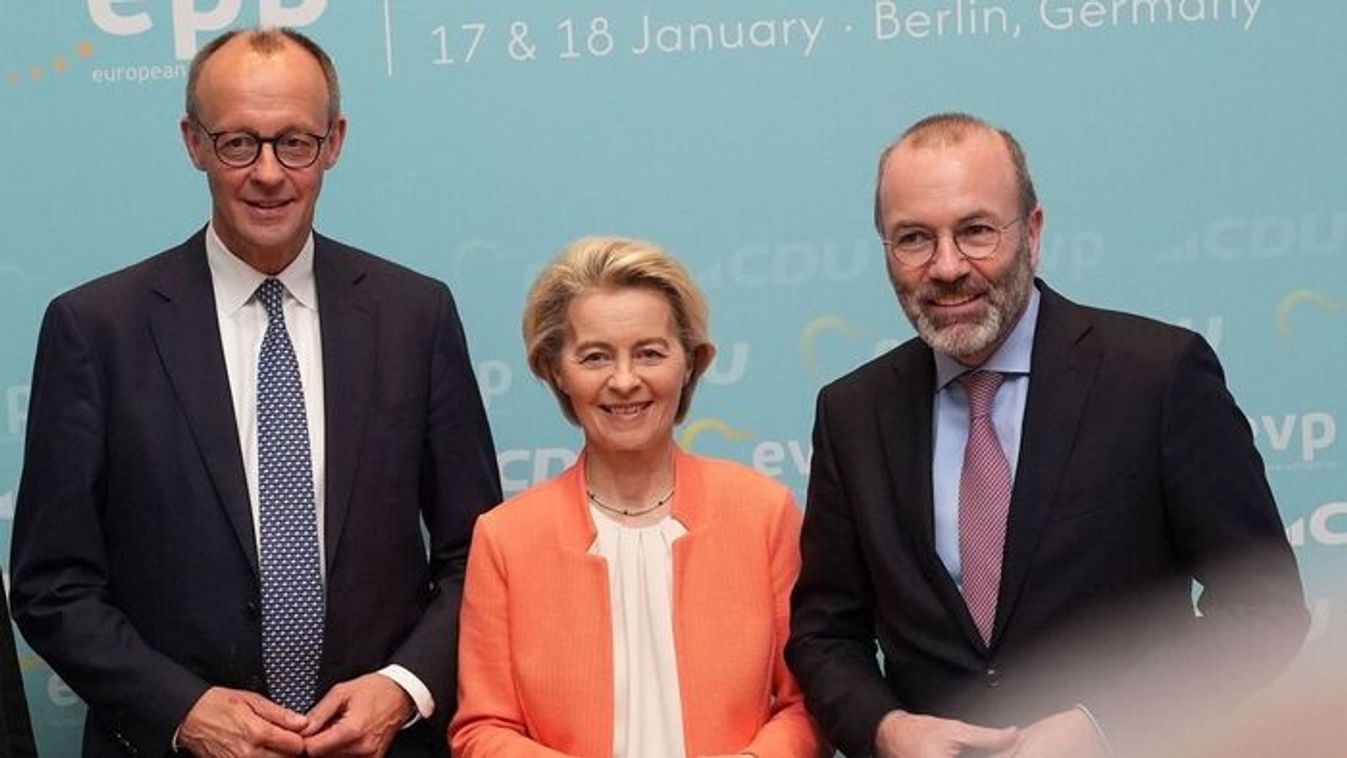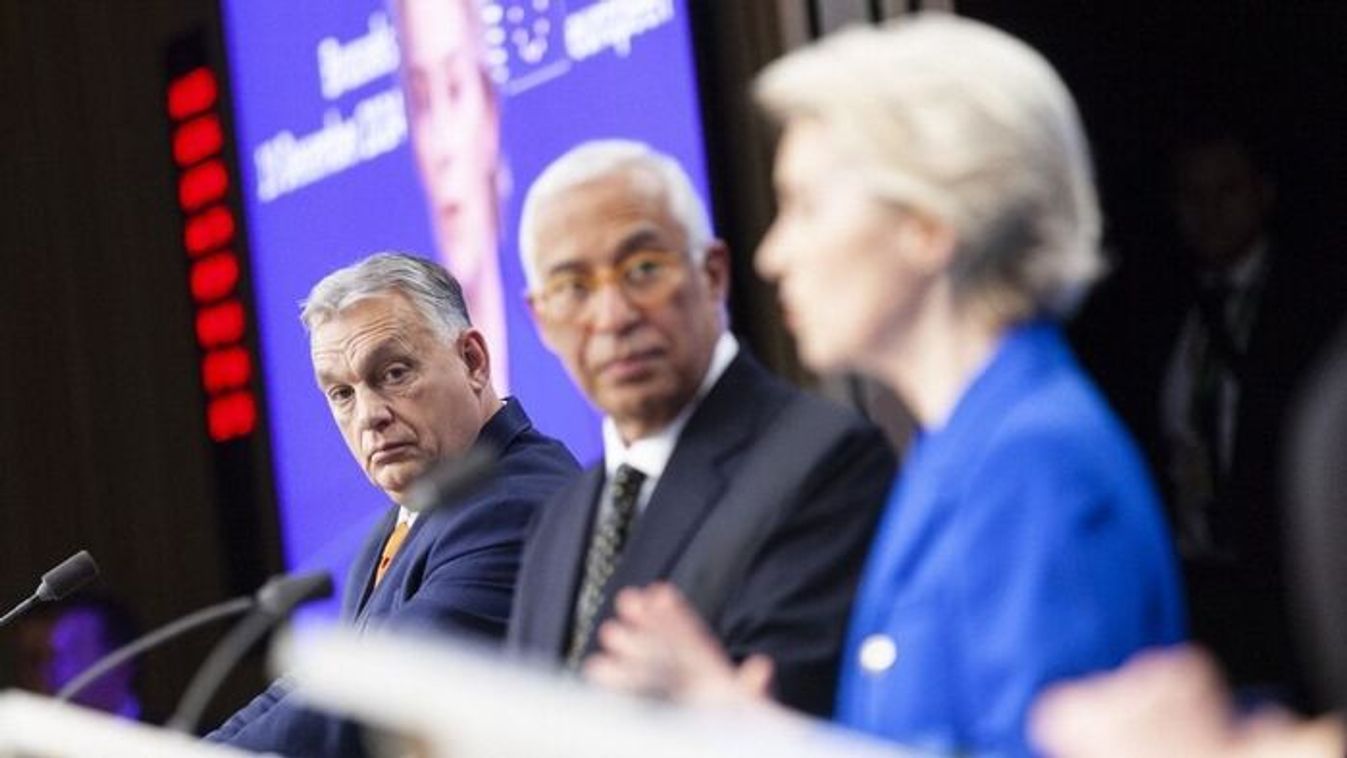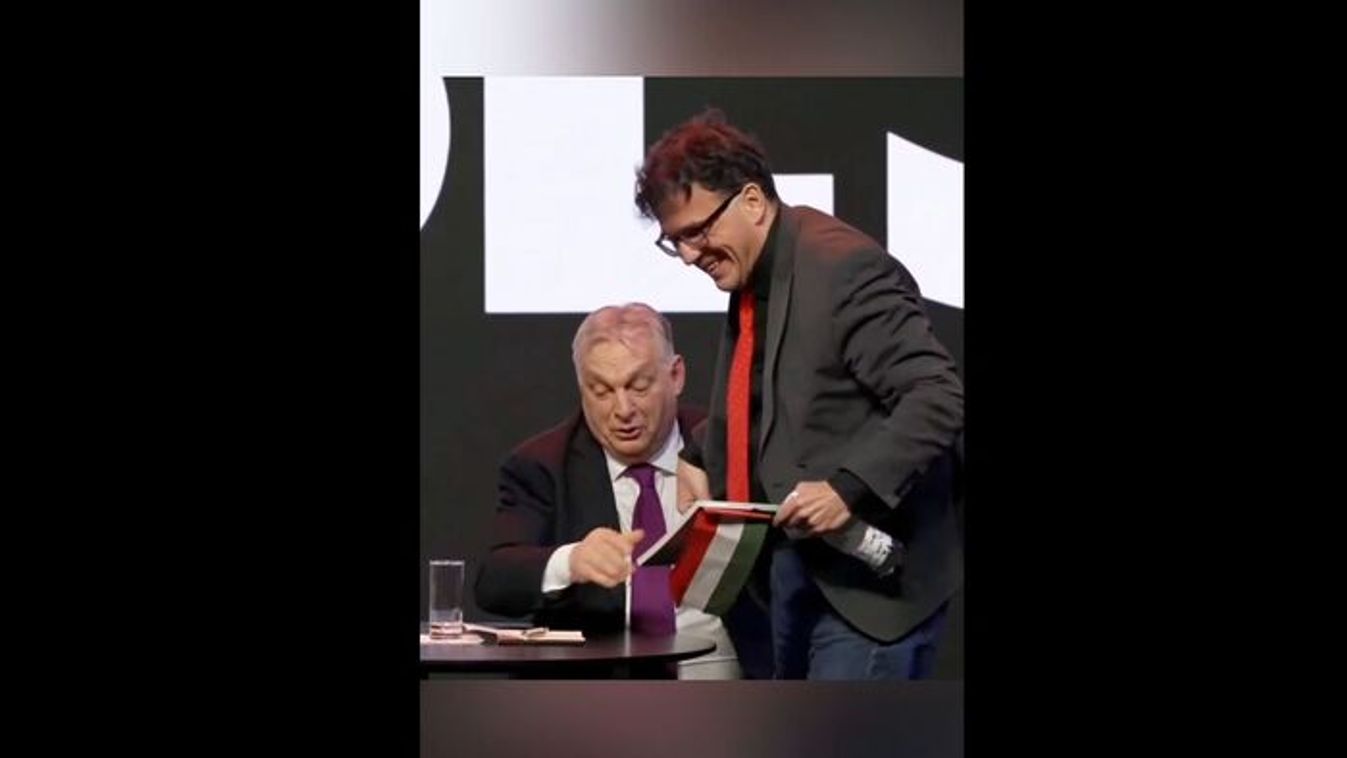„While Britain was chuckling about custard pies this week, the debt cancer was metastasising across the Mediterranean. Bond yields in Spain and Italy have surged, leading to doubts over whether those countries can meet their existing liabilities. For the first time since the euro turmoil began, EU leaders are panicking. While Greece takes up just 1.9 per cent of the EU’s economy, Spain and Italy account between them for 24 per cent. A default in Athens might be a controlled explosion, but Rome and Madrid cannot repudiate their debts without blowing the entire European banking system to smithereens. The effects of such a blast would be felt far beyond the eurozone. The Bank of England, dispensing with its normally staid vocabulary, describes the turbulence as a »serious and immediate risk« to the United Kingdom. The IMF frets that, if EU leaders carry on with hand-to-mouth bailouts, the resulting crash might trigger a global recession.
The markets are starting to anticipate a euro break-up. The reason that borrowing costs in Spain and Italy have shot up is not that those countries are inherently destitute, but that investors are demanding a premium to compensate for the possibility that they might revert to devalued and inflationary currencies. Such fears have a way of becoming self-fulfilling. Italy must roll over €69 billion in August and September; it needs €500 billion by the end of 2013. If it cannot borrow at lower rates, it will struggle to remain solvent, and the entire European monetary system might become unsustainable. This is the tempest long foretold, slow to make head, but sure to hold.
EU leaders are meeting in emergency session today, groping for a way to prevent an unplanned collapse of EMU. They have two options: one is to oversee an orderly unbundling of the euro into more manageable units; the other is to establish what José Manuel Barroso calls »fiscal federalism«. Economic logic points to the first option. The reason Europe is in this mess is that it turned out to be ruinous to apply uniform monetary policies to widely divergent economies. The low interest rates dictated by the needs of the core economies were calamitous for the periphery, encouraging an artificial boom and a crash. Now, as the wheel turns, those countries are getting high interest rates just when they need low ones.”










